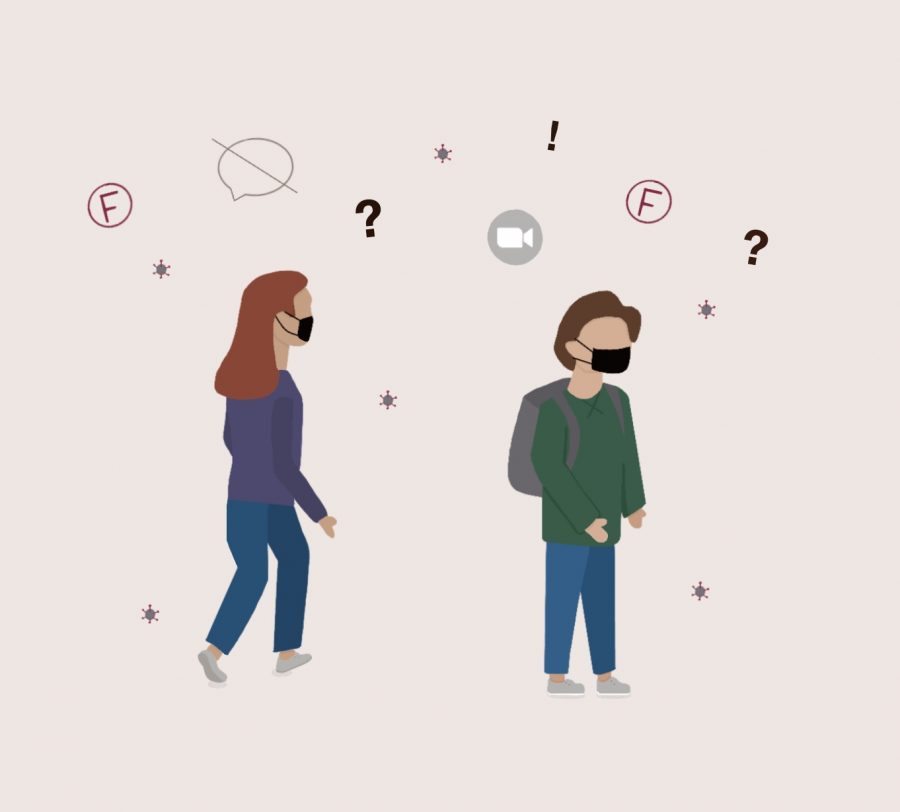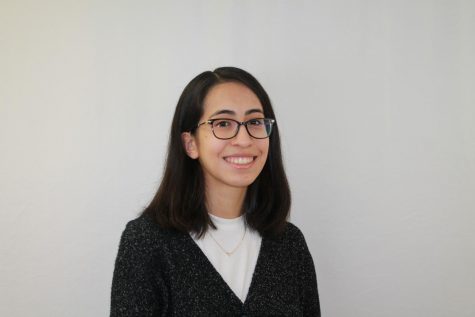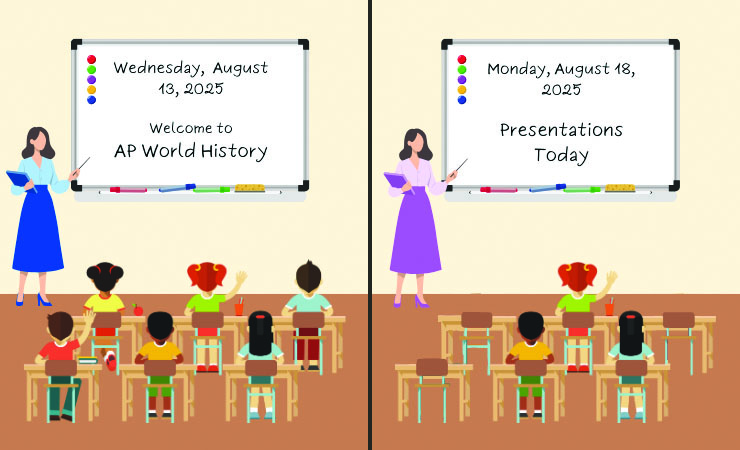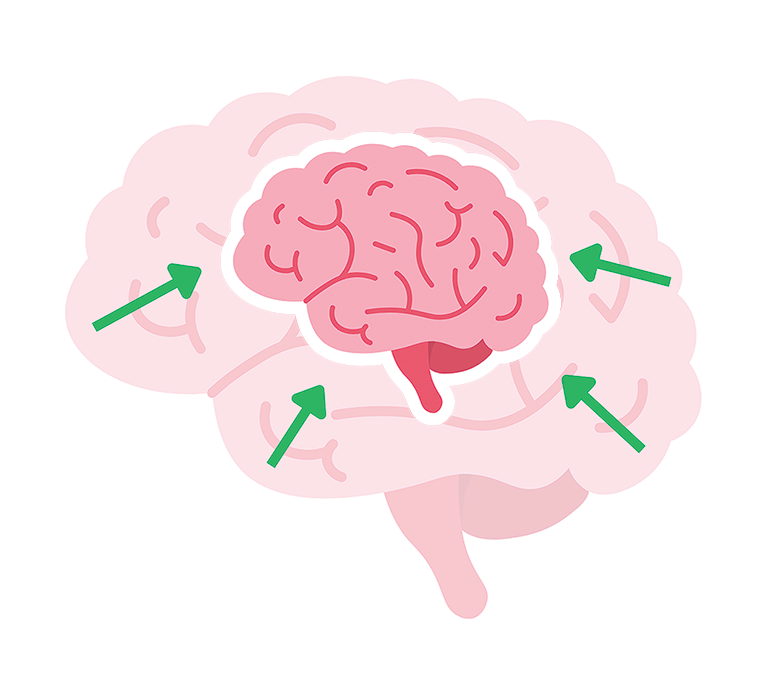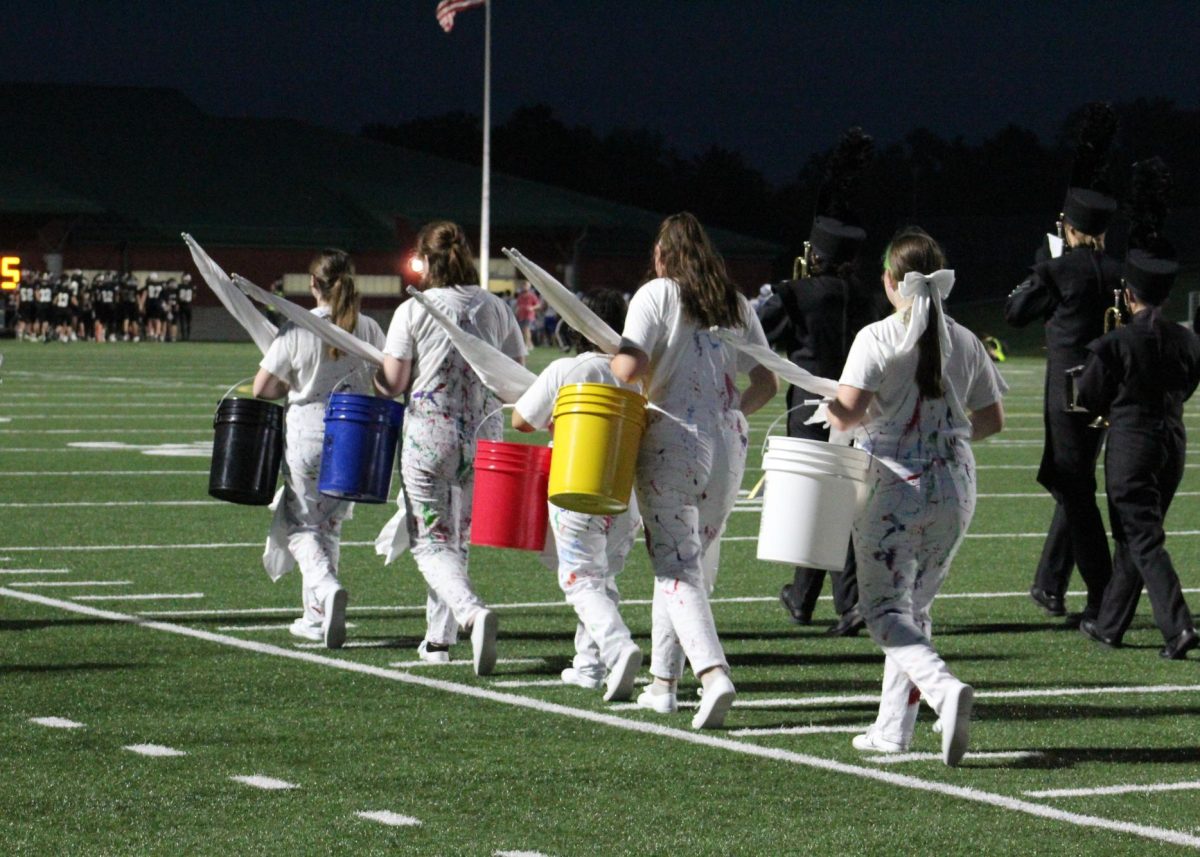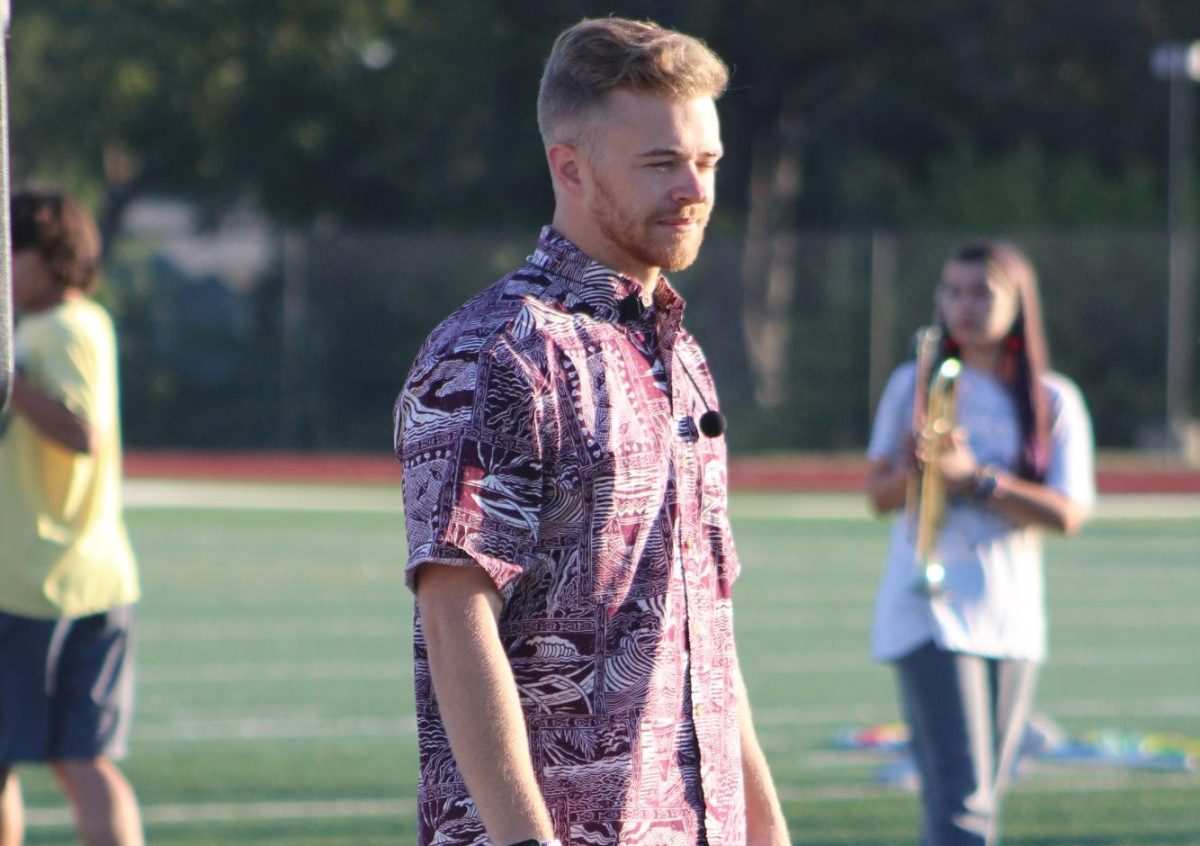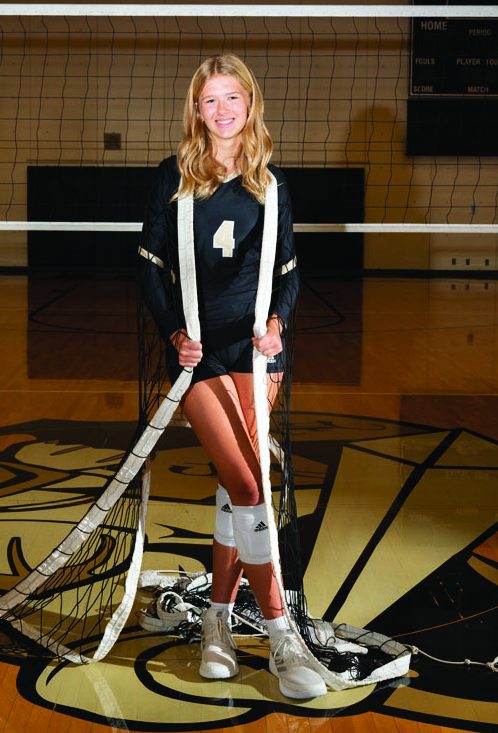COVID-19 and Schooling: The human aspect to learning
November 13, 2020
COVID-19 has affected the LPS school district in numerous ways, and its staff and students have been considerably impacted. It’s no secret that the pandemic has complicated education for all parties. Grades have been lower than previous years, motivation is down, and teachers and students are experiencing levels of stress that they haven’t felt in previous years. The educational system is functioning with a severe handicap, and those involved can feel its consequences. LSE Senior Jeremy Breeden is a full-time Zoom student, and says that “full-time Zoom allows for … distractions,” and that his “motivation has fallen down from previous years.” This issue of motivation is one that all students can relate to.
The University of Colorado-Boulder has found that online classes are often much more difficult than in-person classes, writing that “college students around the country feel a low sense of academic motivation during the current pandemic.” Breeden went full-time with Zoom because some of his family members were interacting with older people, and says that during Zoom school, he could “just leave, and there wouldn’t be that much notice.”
The unenthusiastic nature of Zoom meetings is a detriment to education, resulting in a far worse experience than in-person schooling brings. It is difficult for students to pay attention to their computer screen for several hours at a time, and the engagement that in-person schooling holds is something that cannot be replaced easily.
Teacher Kyle Beacom instructs primarily 11th graders at Southeast, and he believes that “there’s a human aspect to learning.” He thinks that online schooling lacks the humanity that in-person education holds. Although he believes that in-person education is superior for “about a thousand reasons,” he says that “health should come even before academics.” The problem for him is an issue of compromise between health and education.
All schools currently struggle with grades being substantially worse than previous years. The situations that COVID-19 gives rise to create stress at all levels: academically, financially, and medically. Grades suffer as a result of the pandemic.
“My grades have been worse from other years because of online schooling,” Breeden said.
Beacom agrees, saying that grades are lower than last year, with “a lot more F’s in the gradebook.” It is hard not to become distracted when in the comfort of one’s own home. Online schooling was an especially difficult switch for the district to make. There was little training for teachers, bad internet for many students, and little preparation put in place for online education. The sudden shift caused many of LPS’s substitutes to take an absence for health and technology related reasons, as many of their substitutes are 65 and older.
With the 3/2 system at LPS, and with students on Zoom, teachers have to tend to two different groups at the same time. There is a clash between the students that are in class, and the ones that are at home. Teacher Taryn Abourezk instructs third graders at Zeman Elementary School, and says that “it’s hard to focus on both groups at the same time,” and “always feels in a way that I am not giving 100% to one group of students.”
The electronic screen creates a giant divide between the teacher-student relationships that should be forming, resulting in worsened education, limiting the human interaction that could have taken place.
“Learning to me is based on relationships,” Beacom said.
When teachers and students look into their screens, they can only see an empty screen, a black mirror. Beacom believes that motivation and the teacher-student connection will always be worse with such a barrier. Beacom says that he feels he is “teaching to a wall,” and wonders somedays if students “are watching The Price is Right.”
The New York Times claims that students could be seen as the “COVID generation,” with research group Brookings claiming that COVID-19 has caused education to be substantially behind, and especially so in mathematics.
Brookings had also looked into the effects that Hurricane Katrina had upon students. Their findings showed that students had difficulty concentrating, and that they often “manifested symptoms of depression in the months following the hurricane.” Students and teachers face economic insecurity and fear getting the virus themselves, and their education has suffered because of it.
“We as a community can do a better job to get the numbers down,” Beacom said. If Lincoln as a whole continues to follow health regulations, Beacom thinks that the city will be able to experience less cases, and the various societal symptoms that the pandemic has had on many people will weaken.
Schooling during the pandemic is seen by many as grim, but in the future, life will return to a sense of normalcy, and all will look back upon the efforts made in these difficult times proudly.

